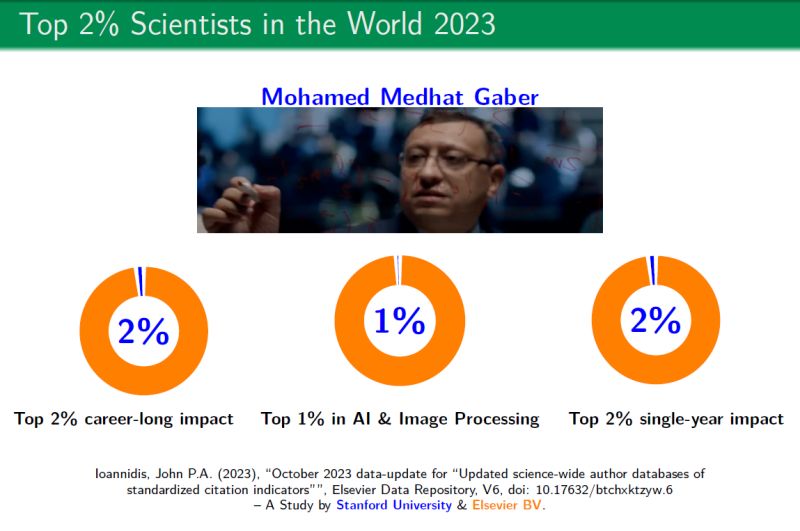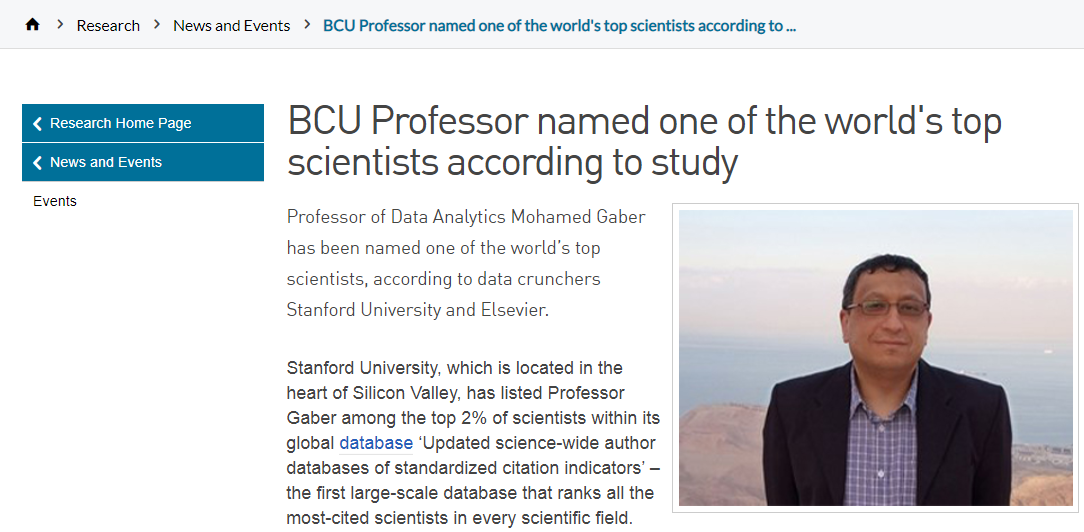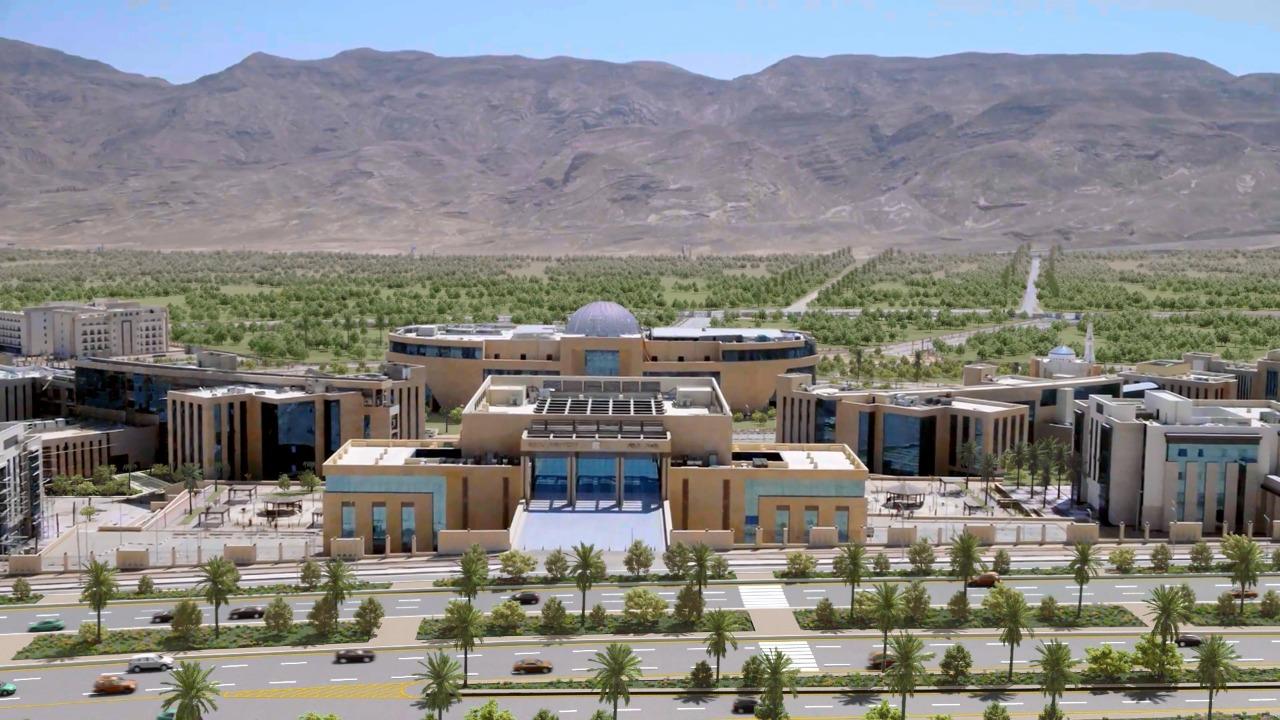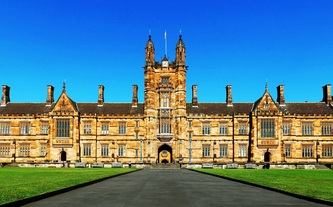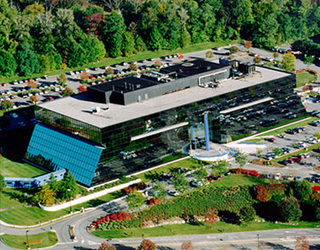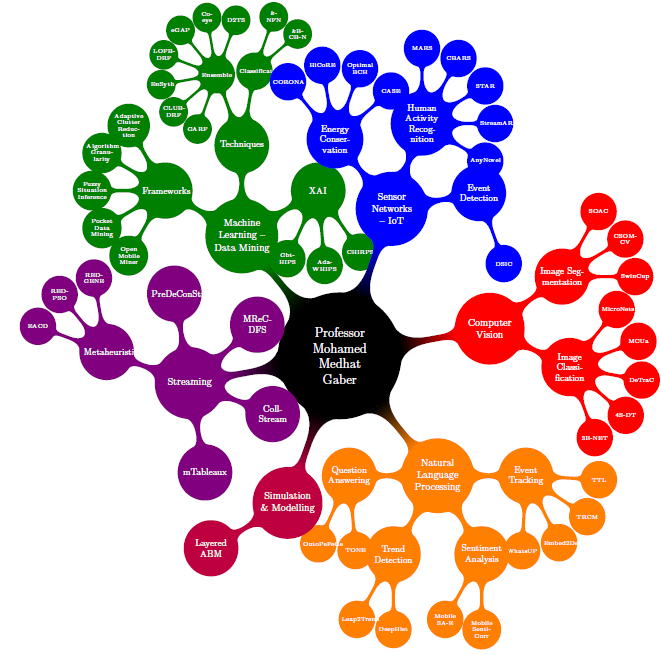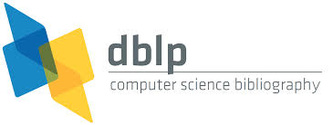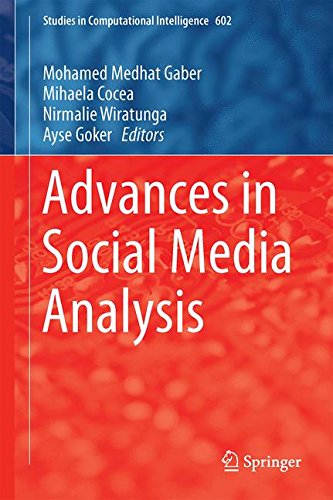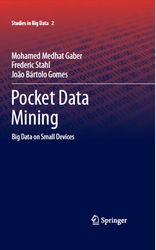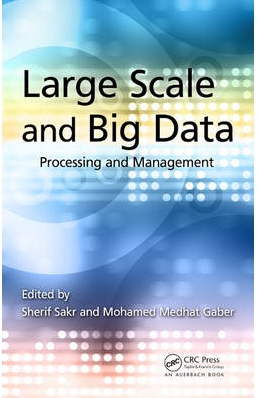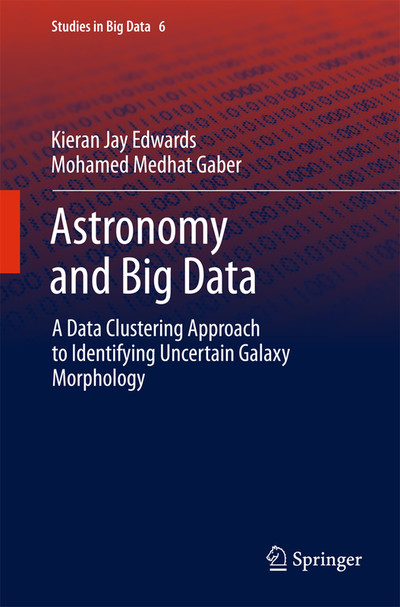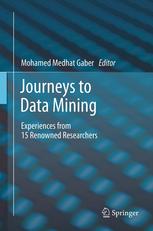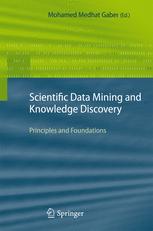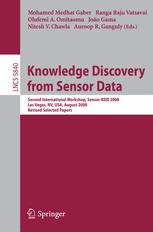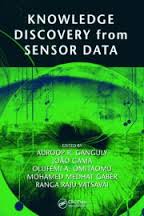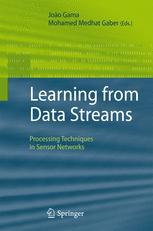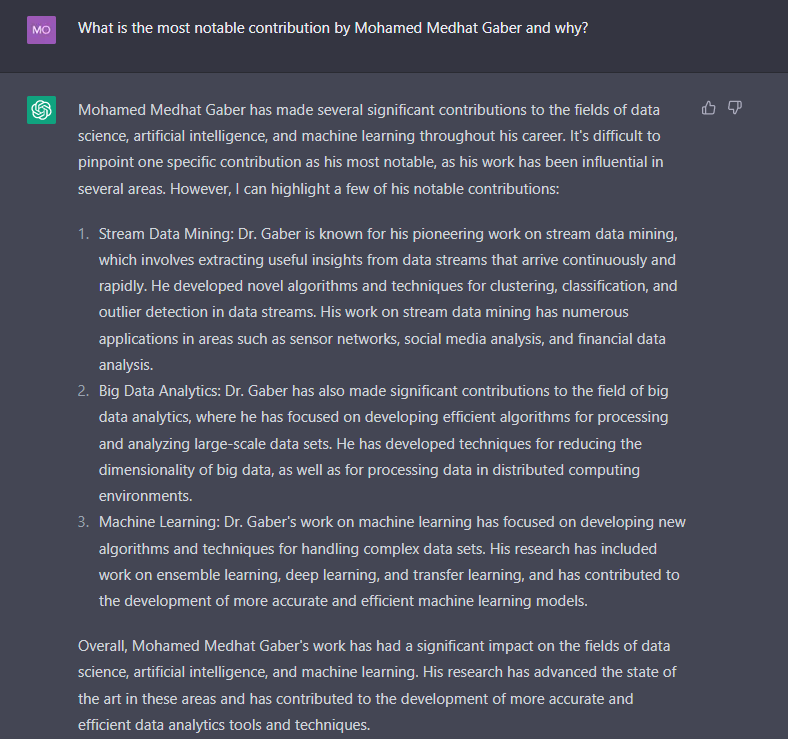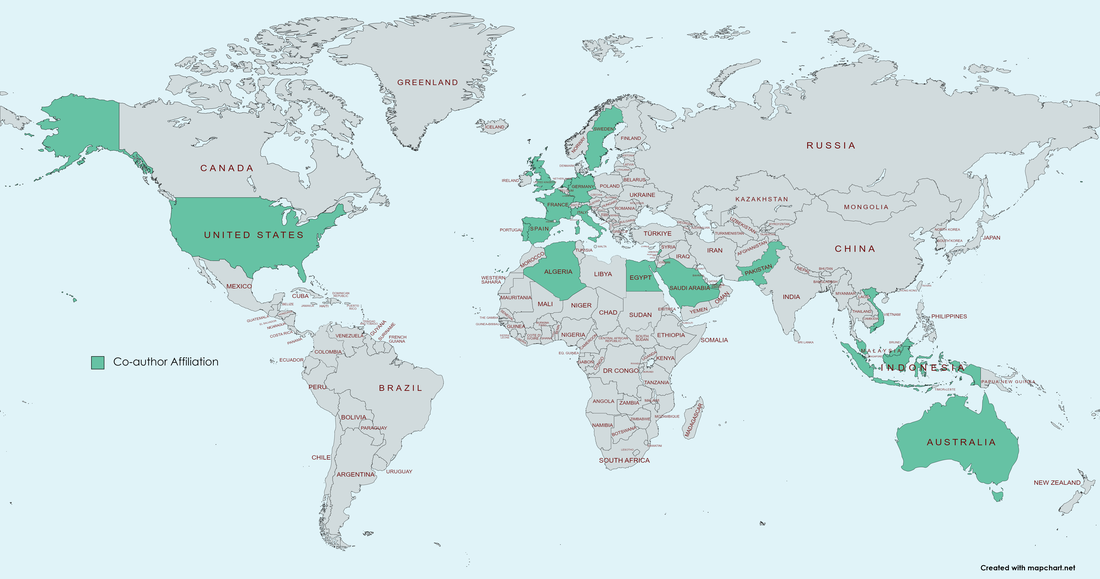Biography
Professor Mohamed Gaber is a Professor of Data Analytics at Birmingham City University's School of Computing and Digital Technology. For three academic years, he was seconded as the Dean of the Faculty of Computer Science and Engineering at Galala University. Professor Gaber earned his PhD from Monash University in Australia, and has since held appointments with the University of Sydney, CSIRO, and Monash University. Before joining Birmingham City University, he worked as a Reader in Computer Science at Robert Gordon University and a Senior Lecturer in Computer Science at the University of Portsmouth in the UK.
Professor Gaber has made significant contributions to the field of Artificial Intelligence, having published over 200 journal articles and conference papers, co-authored 3 monograph-style books, and edited/co-edited 7 books. His work has been featured in prestigious conferences such as ICDM and ISWC, and reputable journals including the IEEE Transactions on Neural Networks and Learning Systems and Data Mining and Knowledge Discovery. His work has attracted over 10,000 citations, with an h-index of 47.
In addition to his research, Professor Gaber has supervised/co-supervised 23 PhD students to successful completion and acted as an examiner for 47 PhD candidates. He has also had numerous chairing roles serving the Artificial Intelligence community, including General Co-Chair of the 3rd IEEE International Conference on Data Science and Computational Intelligence (DSCI 2019) and Programme Committee Co-Chair of the IEEE Mobile Data Management (MDM 2016).
Professor Gaber is a Fellow of the British Higher Education Academy (HEA) and was awarded the CSIRO Teamwork Award in 2007.
Professor Gaber has made significant contributions to the field of Artificial Intelligence, having published over 200 journal articles and conference papers, co-authored 3 monograph-style books, and edited/co-edited 7 books. His work has been featured in prestigious conferences such as ICDM and ISWC, and reputable journals including the IEEE Transactions on Neural Networks and Learning Systems and Data Mining and Knowledge Discovery. His work has attracted over 10,000 citations, with an h-index of 47.
In addition to his research, Professor Gaber has supervised/co-supervised 23 PhD students to successful completion and acted as an examiner for 47 PhD candidates. He has also had numerous chairing roles serving the Artificial Intelligence community, including General Co-Chair of the 3rd IEEE International Conference on Data Science and Computational Intelligence (DSCI 2019) and Programme Committee Co-Chair of the IEEE Mobile Data Management (MDM 2016).
Professor Gaber is a Fellow of the British Higher Education Academy (HEA) and was awarded the CSIRO Teamwork Award in 2007.
A more interesting biography

I was born a few miles away from the Pyramids in Cairo, Egypt. I received my PhD from Monsah University in Melbourne, the first capital (temporarily) of Australia. During my PhD, I did an internship at IBM Thomas J. Watson, where the relational database model was invented by Edgar F. Codd. After my PhD, I held research positions at the University of Sydney, the oldest/first Australian University which is located close to where Captain James Cook first landed in Australia; CSIRO in Hobart, the capital of Tasmania: the only Australian state out of the Australian mainland; and back to Monash University when awarded the prestigious Australian Postdoctoral Fellowship. I worked as a senior lecturer in computer science at the University of Portsmouth, where Charles Dickens was born. I then moved to the oil Capital of Europe and the Granite City, Aberdeen, to take up the position of Reader in computer science at Robert Gordon University. Most recently, in Birmingham, the first manufacturing town in the world, I became a Full Professor in data analytics at Birmingham City University. Since October 2020 and for three academic years, I was seconded in the newly built city of Galala, taking up the position of Dean of the Faculty of Computer Science and Engineering at Galala University.
By the words of the great poet, Hafez Ibrahim, the legend Umm Kulthum sang: "..and the builders of the pyramids in the ancient age sufficed me the talk when challenged". Listen to great music and song
Research Contribution Map
Publications
30 Recent and Representative Journal Articles
- Zidan U., El Desouky H., Gaber M. M., and Abdelsamea M. M., From Pixels to Deposits: Porphyry Mineralisation with Multispectral Convolutional Neural Networks, IEEE Journal of Selected Topics in Applied Earth Observations and Remote Sensing, 2023, IEEE press. [DOI]
- Senousy Z., Gaber M. M., and Abdelsamea M. M., AUQantO: Actionable Uncertainty Quantification Optimization in Deep Learning Architectures for Medical Image Classification, Applied Soft Computing, Volume 146, October 2023, p. 110666, Elsevier. [DOI]
- Chambers L., Gaber M. M., and Ghomeshi H., AdaDeepStream: Streaming Adaptation to Concept Evolution in Deep Neural Networks, Applied Intelligence, 2023, Springer. [DOI]
- Abdelsamea M. M., Gaber M. M., Ali A., Kyriakou M., and Fawki S., A Logarithmically Amortising Temperature Effect for Supervised Learning of Wheat Solar Disinfestation of Rice Weevil Sitophilus oryzae (Coleoptera: Curculionidae) using Plastic Bags, Scientific Reports, Volume 13, Article number: 2655, Nature, 2023, Springer. [DOI]
- Hettiarachchi H., Adedoyin-Olowe M., Bhogal J., and Gaber M. M., WhatsUp: An Event Resolution Approach for Co-occurring Events in Social Media, Information Sciences, Volume 625, May 2023, pp. 553-577, Elsevier. [DOI]
- Zidan U., Gaber M. M., and Abdelsamea M. M., SwinCup: Cascaded Swin Transformer for Histopathological Structures Segmentation in Colorectal Cancer, Expert Systems with Applications, Volume 216, 15 April 2023, p. 119452, Elsevier. [DOI]
- Hettiarachchi H., Adedoyin-Olowe M., Bhogal J., and Gaber M. M., TTL: Transformer-based Two-phase Transfer Learning for Cross-lingual News Event Detection, International Journal of Machine Learning and Cybernetics, 2023, Springer. [DOI]
- Senousy Z., Abdelsamea M. M., Gaber M. M., Abdar M., Acharya U. R., Khosravi A. and Nahavandi S., MCUa: Multi-level Context and Uncertainty aware Dynamic Deep Ensemble for Breast Cancer Histology Image Classification, IEEE Transactions on Biomedical Engineering, Volume 69, Issue 2, pp. 818-829, 2022, IEEE press. [DOI]
- Hettiarachchi H., Adedoyin-Olowe M., Bhogal J., and Gaber M. M., Embed2Detect: Temporally Clustered Embedded Words for Event Detection in Social Media, Machine Learning, Volume 111, Issue 1, pp. 49-87, 2022, Springer. [DOI]
- Chambers L., and Gaber M. M., DeepStreamOS: Fast Open-Set Classification for Convolutional Neural Networks, Pattern Recognition Letters, Volume 154, February 2022, pp. 75–82, Elsevier. [DOI]
- Abbas A., Abdelsamea M., and Gaber M. M., 4S-DT: Self Supervised Super Sample Decomposition for Transfer Learning with Application to COVID-19 Detection, IEEE Transactions on Neural Networks and Learning Systems, Volume 32, Issue 7, pp. 2798-2808, July 2021. [DOI]
- Abbas A., Abdelsamea M., and Gaber M. M., Classification of COVID-19 in Chest X-ray Images using DeTraC Deep Convolutional Neural Network, Applied Intelligence, Volume 51, pp. 854–864, 2021, Springer. [DOI]
- Alhalabi B., Gaber M. M., and Basurra S. S., MicroNets: A Multi-Phase Pruning Pipeline to Deep Ensemble Learning in IoT Devices, Computers & Electrical Engineering, Volume 96, Part B, December 2021, 107581, Elsevier. [DOI]
- Hatwell J., Gaber M. M., and Azad R. M. A., CHIRPS: Explaining Random Forest Classification, Artificial Intelligence Review, Volume 53, pp. 5747–5788, 2020, Springer. [DOI]
- Ghomeshi H., Gaber M. M., and Kovalchuk Y., A Non-Canonical Hybrid Metaheuristic Approach to Adaptive Data Stream Classification, Future Generation Computer Systems, Volume 102, January 2020, pp. 127-139, Elsevier. [DOI]
- Hatwell J., Gaber M. M., and Azad R. M. A., Ada-WHIPS: Explaining AdaBoost Classification with Applications in the Health Sciences, BMC Medical Informatics and Decision Making, Volume 20, Number 1:250, December 2020, Springer Nature. [DOI]
- Abdallah Z. S., and Gaber M. M., Co-eye: A Multi-resolution Ensemble Classifier for Symbolically Approximated Time Series, Machine Learning, Volume 109, pp. 2029–2061, 2020, Springer. [DOI]
- Fawagreh K., and Gaber M. M., Resource-efficient Fast Prediction in Healthcare Data Analytics: A Pruned Random Forest Regression Approach, Computing, Volume 102, pp. 1187–1198, 2020, Springer. [DOI]
- Ghomeshi H., Gaber M. M., and Kovalchuk Y., EACD: Evolutionary Adaptation to Concept Drifts in Data Streams, Data Mining and Knowledge Discovery, May 2019, Volume 33, Issue 3, pp 663–694. Springer-Verlag. [DOI]
- Hussein A., Elyan E., Gaber M. M., and Jayne C., Deep Imitation Learning for 3D Navigation Tasks, Neural Computing and Applications, Volume 29 Issue 7, pp. 389–404, 2018, Springer. [DOI]
- Abdelsamea M. M., Gnecco G., and Gaber M. M., A SOM-based Chan-Vese Model for Unsupervised Image Segmentation, Soft Computing, April 2017, Volume 21, Issue 8, pp 2047–2067, Springer. [DOI]
- Elyan E., and Gaber M. M., A Genetic Algorithm Approach to Optimising Random Forests Applied to Class Engineered Data, Information Sciences, Volume 384, April 2017, pp. 220–234, Elsevier. [DOI]
- Adedoyin-Olowe M., Gaber M. M., Martin-Dancausa C., Stahl F., and Gomes J. B., A Rule Dynamics Approach to Event Detection in Twitter with Its Application to Sports and Politics, Expert Systems with Applications, Volume 55, 15 August 2016, pp. 351–360, Elsevier. [DOI]
- Elyan E., and Gaber M. M., A Fine-Grained Random Forests using Class Decomposition: An Application to Medical Diagnosis, Neural Computing and Applications, November 2016, Volume 27, Issue 8, pp. 2279–2288, Springer. [DOI]
- Abdallah Z. S., Gaber M. M., Srinivasan B., and Krishnaswamy S., Adaptive Mobile Activity Recognition System with Evolving Data Stream, Neurocomputing, Volume 150, Part A, 20 February 2015, pp. 304–317, Elsevier. [DOI]
- Abdelsamea M. M., Gnecco G., and Gaber M. M., An Efficient Self Organizing Active Contour Model for Image Segmentation, Neurocomputing, Volume 149, Part B, 3 February 2015, pp. 820–835, Elsevier. [DOI]
- Gomes J. B., Gaber M. M., Menasalvas E., and Sousa P., Mining Recurring Concepts in a Dynamic Feature Space, IEEE Transactions on Neural Networks and Learning Systems, Volume 25, Issue 1, pp. 95-110, January 2014. [DOI]
- Gaber M. M., Krishnaswamy S., Gillick B., AlTaiar H., Nicoloudis N., Liono J., and Zaslavsky A., Interactive Self-Adaptive Clutter-Aware Visualisation for Mobile Data Mining, Journal of Computer and System Sciences, Volume 79 Issue 3, May 2013, pp. 369-382. Elsevier. [DOI]
- Chong S. K., Gaber M. M., Krishnaswamy S., and Loke S. W., Energy Conservation in Wireless Sensor Networks: A Rule-based Approach, Knowledge and Information Systems (KAIS), Volume 28, Number 3, pp. 579–614, ISSN 0219-1377, Springer London, 2011. [DOI]
- Gaber M. M., and Yu P. S., Detection and Classification of Changes in Evolving Data Streams, International Journal of Information Technology & Decision Making, Vol. 5, No. 4, pp. 659-670, World Scientific Publishing Company, 2006. [DOI]
10 Selected Survey/Review Articles
- Abdelsamea M., Zidan U., Senousy Z., Gaber M. M., Rakha E. Ilyas M., A Survey on Artificial Intelligence in Histopathology Image Analysis, Wiley Interdisciplinary Reviews: Data Mining and Knowledge Discovery, Volume 12, Issue 6, 2022, Wiley press. [DOI]
- Dridi A., Gaber M. M., Azad R. M. A., and Bhogal J., Scholarly Data Mining: A Systematic Review of its Applications, Wiley Interdisciplinary Reviews: Data Mining and Knowledge Discovery, Volume 11, Issue 2, March/April 2021, Wiley press. [DOI]
- Gaber M. M., Aneiba A., Basurra S., Batty O., Elmisery A., Kovalchuk Y., and Habib ur Rehman M. Internet of Things and Data Mining: From Applications to Techniques and Systems, Wiley Interdisciplinary Reviews: Data Mining and Knowledge Discovery, Volume 9, Issue 3, May/June 2019, e12922019. [DOI]
- Abdallah Z. S., Gaber M. M., Srinivasan B., and Krishnaswamy S., Activity Recognition with Evolving Data Streams: A Review, ACM Computing Surveys (CSUR), Volume 51 Issue 4, July 2018, ACM press. [DOI]
- Hussein A., Gaber M. M., Elyan E., and Jayne C., Imitation Learning: A Survey of Learning Methods, ACM Computing Surveys (CSUR), Volume 50 Issue 2, April 2017, ACM press. [DOI]
- Fawagreh K., Gaber M. M., and Elyan E., Random Forests: From Early Developments to Recent Advancements, Systems Science & Control Engineering, Volume 2, Issue 1, 2014, pp. 602-609, Taylor & Francis. [DOI]
- Gaber M. M., Gama J., Krishnaswamy S., Gomes J., and Stahl F., Data Stream Mining in Ubiquitous Environments: State-of-the-art and Current Directions, Wiley Interdisciplinary Reviews: Data Mining and Knowledge Discovery, Volume 4, Issue 2, pp. 116-138, March/April 2014. [DOI]
- Stahl F., Gabrys B., Gaber M. M., and Berendsen M., An Overview on Interactive Visual Data Mining Techniques for Knowledge Discovery, Wiley Interdisciplinary Reviews: Data Mining and Knowledge Discovery, Volume 3(4), pp. 239-256, 2013. [DOI]
- Gaber M. M., Advances in Data Stream Mining, Wiley Interdisciplinary Reviews: Data Mining and Knowledge Discovery, Volume 2, Issue 1, pp. 79-85, 2012. [DOI]
- Gaber, M, M., Zaslavsky, A., and Krishnaswamy, S., Mining Data Streams: A Review, ACM SIGMOD Record, Vol. 34, No. 1, pp. 18-26, June 2005, ISSN: 0163-5808. [DOI]
List of Publications (different sources)
Books
According to Google Scholar in March 2024
Citations |
10,332 |
h-index |
47 |
g-index |
97 |
i10-index |
125 |
ResearchGate Research Interest |
4K+ (Top 1% in Artificial Intelligence) |
ChatGPT on My Research
Co-author Affiliation Map
I have co-authored papers with collaborators affiliated to institutions in 19 different countries in five continents.
Since March, 2014
